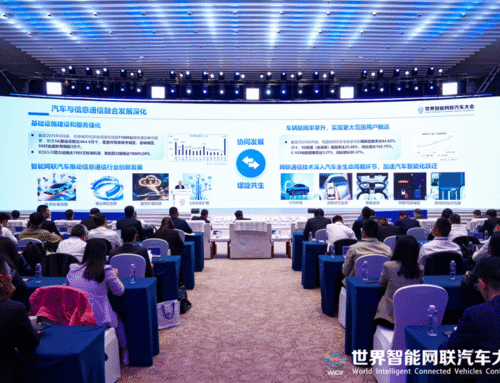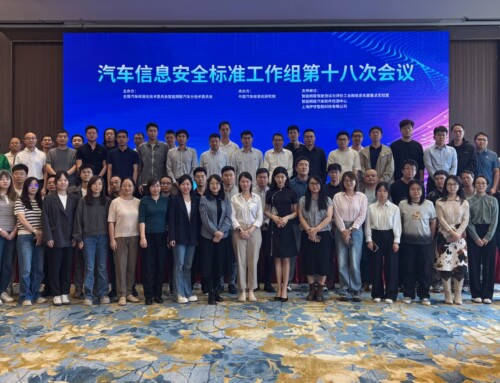On 26 June 2023, the Standardization Administration of China (SAC) issued the Notice on the Examination and Evaluation of National Technical Committees in 2023 (hereinafter referred to as the Notice). The examination and evaluation efforts are in line with the requirements of the Measures for the Administration of the China National Standardization Technical Committee (2020 Revision) (hereinafter referred to as the Measures). According to Article 39 of the Measures, the department of Standardization Administration under the State Council shall establish an examination and evaluation system, examine and evaluate technical committees (TCs) regularly, and disclose the appraisal results to the public. The basis for the work is the National Standardization Technical Committee Examination and Evaluation Index System (2023).
The examination and evaluation work consists of several stages: initial review and examination, information feedback, review, opinion collection, and disclosure of results. The results of the initial review were disclosed to the 123 TCs examined, before 31 July 2023. The goal is to review their progress and efforts in fulling their tasks in the field of standard formulation and revision, internal management, and engagement in international standardization activities. In the end, based on their evaluation outcome, each TC will be classified into four levels: Level I, Level II, Level III, and Disqualification. If a TC is classified as disqualified, it shall be ordered by SAC to adopt rectification measures within a certain time frame (Article 47 of the Measures). If problems still persist, the TC’s secretariat might be reorganized, or in the worst case, the TC might even be restructured or dismissed.
According to the Notice, there are 10 indicators for evaluating TC’s efforts in engaging international standardization:
- Participating in the revision or development of international standards;
- Submitting international standardization proposals which are consequentially listed as a Preliminary Work Item (PWI) or officially approved as standardization project;
- Translating Chinese national standards in foreign languages;
- Participating in the standardization work of its respective field in developed countries or regions (such as CEN, ASTM);
- Organizing and hosting international conferences on standardization in their respective fields;
- Tracking, evaluating and converting international standards into Chinese standards;
- Promoting the overseas application of Chinese standards;
- Participating in the review of communication and disclosure activities of technical trade measures;
- Tracking, analyzing and researching the latest policies of standardization development trends in key regions and national key areas;
- Winning relevant ISO
The evaluation and examination targets consist of two different types: one is called obligatory target, namely the standardization projects development and rejection rate, that TCs must fulfill; another one is called selective target that TCs are allowed to choose six out of the eight selective targets to fulfill. Each target is supported by multiple indicators for evaluation. For instance, as mentioned above, international engagement is one of the selective targets that is supported by ten indicators. To further classify TCs to different levels, different levels have different requirement for how many indicators need to be reached. For instance, if a TC choose international engagement as one of its selective targets, in order to be evaluated as Level I, it needs to fulfill four out of ten indicators; For Level II, it needs fulfill three out of ten; Level III, two our of ten indicators are required. An interesting aspect is that the engagement in international standardization activities is one of the eight selective targets that TCs only need to choose six of them to fulfill. Since the threshold for not being classified as “disqualified” is to meet at least 6 selective indicators, in practice engagement in international standardization is not compulsory for passing the examination and evaluation, but it certainly adds a point.
The examination and evaluation work of the TC is uniformly organized by the Standards Technical Management Department under the State Administration for Market Regulation, while the National Center of Standards Evaluation is responsible for the specific implementation.




